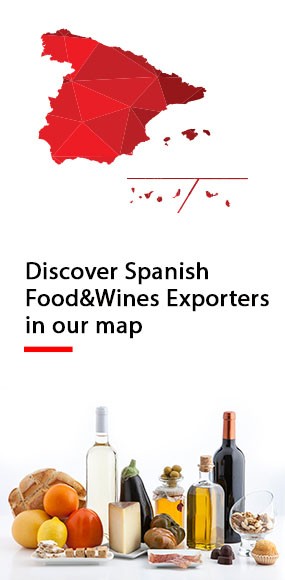.png.transform/rendition-xs/image_image%20(1).png)
Yurrita e Hijos. 150 Years of Tradition
Yurrita e Hijos (‘Yurrita and Sons’) is a small company of great importance in the Spanish canning industry. It is based Mutriku, a tiny town closely linked to the sea that has kept its canning traditions alive for generations
Yurrita e Hijos started as a family business in 1867, producing and selling fresh, salted and pickled fish and distributing it from Mutriku –in the province of Guipúzcoa– to the rest of Spain, using horse carts locally and railway transport at longer distances. The original factory was simply set up in the basement of the family home, known as Casa Mauleón. Of all Spanish canneries, this building is probably the oldest dedicated to the production of canned fish.
The oldest Basque canning company
The company was founded by José Miguel Mauleón in Casa Mauleón. When José Miguel's daughter, Francisca, married Agapito Yurrita, the Yurrita family was introduced in the canning and salting industry. After five generations and nearly one hundred and fifty years of history, Yurrita is the oldest canning company in the Basque Country and one of the oldest food companies in Spain still active today.
Export to more than sixty countries
Apart from these remarkable historical facts, there are the export numbers. “Our story is actually the reverse of the process most companies go through”, explains Juan Yurrita, who directs the company together with his cousin Jorge Yurrita. “Today we export to more than sixty countries, and until ten years ago, our produce was one hundred per cent destined to be exported. This was a strategy we found ourselves obliged to focus on in the 50s, when post-war Spain was going through difficult economic times. Our export numbers turned out so well that it was only ten years ago that we focussed back on the domestic market as well. Today our market still consists in about sixty-five per cent of export, which makes us one of the main Spanish exporters of canned products.”
Specialising in anchovies
“It was my father, Francisca's grandson Don Alfonso Yurrita Zumalabe, who decided to specialise in anchovies preserved in olive oil, in addition to selling marinated fish like bonito (white tuna), tuna and sea bream. He also turned to foreign markets as a new choice of strategy in the 50s. He learned some English and simply took it from there, visiting fairs abroad to promote our products. The company became especially reputed in the USA, Australia and Japan. Yurrita e Hijos was actually one of the pioneers to enter the Japanese market, and as a result it is the leading Spanish company in anchovies in Japan today. Once, for example, we were one of only three Spanish companies who went to the Foodex Japan fair. Other countries we export to include Belgium, England and Italy, the latter traditionally a great market for Cantabrian anchovies.”
The Yurrita family learned the anchovy trade from Italians. In the early twentieth century, a group from Sicily, attracted by the anchovy in the Bay of Biscay, came to work in the village of Mutriku every spring. They rented space in the Yurrita factory for their annual production of anchovies. "They had made money in California and came here to do salting, the trade they knew best," is how Alfonso Yurrita used to explain the story. “And we learned the techniques from them, which led us to focus primarily on salted anchovies.”
It was shortly after the company had started to produce anchovy fillets using modern techniques when Alfonso Yurrita found his way to export abroad. In a Dutch magazine called Trade Channel, he read that American Roland Food, a leading American company, wanted to get in contact with exporters of, among others, anchovies. Alfonso got in touch immediately and that is how Yurrita e Hijos became the US provider in 1956. "It was almost our only customer in years for anchovy fillet and our salvation. From there we got all the others.” Although Italy remained the main customer for salted anchovies, Alfonso began to attend food fairs in other countries as well, a method that proved to work.
Sustainable fishing
Yurrita e Hijos are not only ranking high in export but also in sustainable produce. In 2011 Yurrita e Hijos became the first Spanish food company to obtain the MSC certificate for anchovies. This certificate guarantees sustainable fishing methods, in order to allow the fish reserves to recover sufficiently.
The Yurrita and Lorea brands
Yurrita and Lorea are the leading brands marketed by Yurrita e Hijos. Their products are artisan, based on high-quality sea products such as bonito (white tuna) and Biscay anchovies, along with other canned products which complete the wide range of Lorea and Yurrita. In addition, Yurrita e Hijos produce pre-prepared dishes based on home recipes.
Lorea has different product lines: Reserva de Familia (family reserve), Lorea Green Selection (sustainable fishing and organically produced ingredients), Lorea Gourmet (gourmet canned and semi-preserved products) and Lorea cuisine (pre-prepared dishes).
The products of the Yurrita brand are especially destined for the catering industry and gourmet shops. Both Lorea and Yurrita products are the result of a careful selection and canning process.
Gourmet croquettes and other locally flavoured recipes
Today Yurrita e Hijos produce a wide variety of gourmet products, selling them both nationally and internationally. Juan Yurrita: “On a national level, we have especially benefitted from the fact that there has been an increase in the recognition and demand of ‘bonito del norte’ (Albacore tuna).”
While Cantabrian anchovies and bonito are the flagships of the company, they also produce a wide range of gourmet products and even Basque-cuisine dishes such as crab and squid in its ink with onions. Juan Yurrita: “We started to follow the trend of ready-made dishes, increasingly popular on the market, about seven years ago. We provide a high-quality range of those. One of our greatest successes in gourmet recipes are our croquettes. After all, they are what they call the ‘tapa by excellence’ in Spain. We offer numerous flavours now, from the most traditional ones, such as ham and codfish, to mushrooms and one of our latest flavours, truffle.”
Yurrita e Hijos started as a family business in 1867, producing and selling fresh, salted and pickled fish and distributing it from Mutriku to the rest of Spain, using horse carts locally and railway transport at longer distances
Emmie Declerck/©ICEX
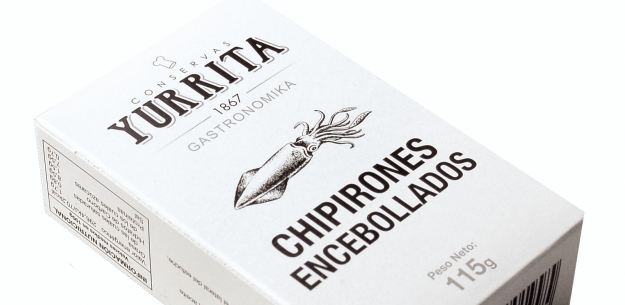
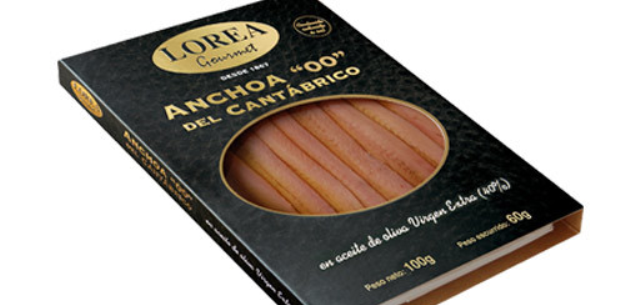
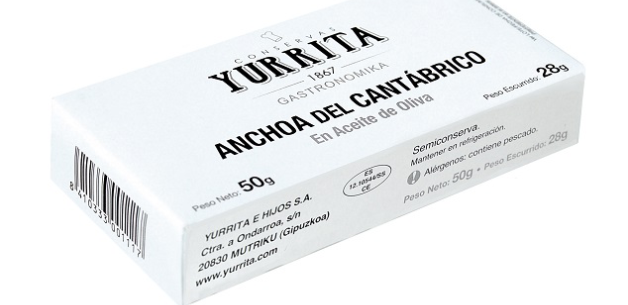
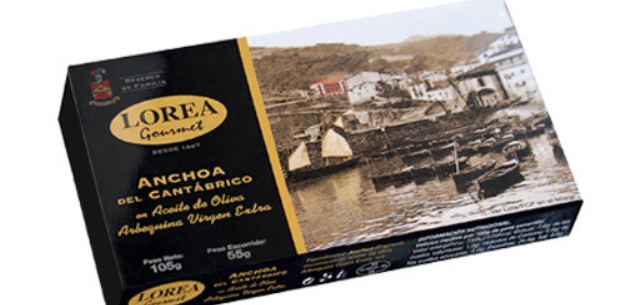
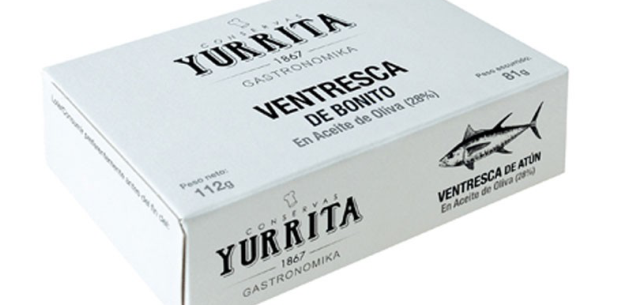
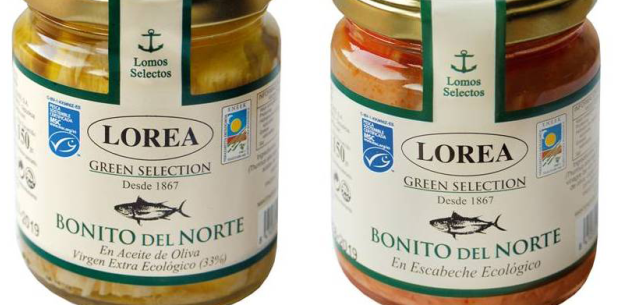
- Image1
- Image2
- Image3
- Image4
- Image5
- Image6


